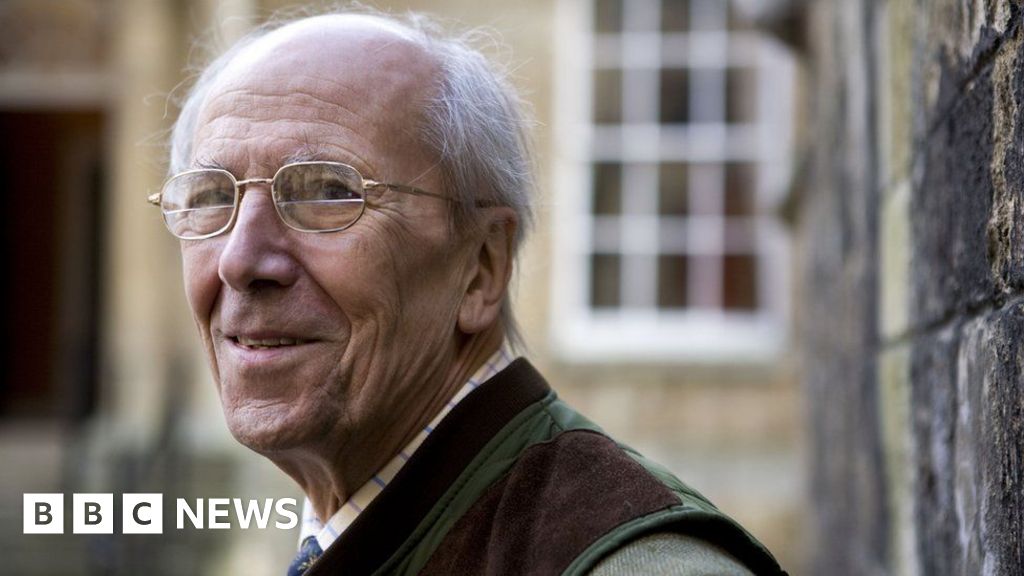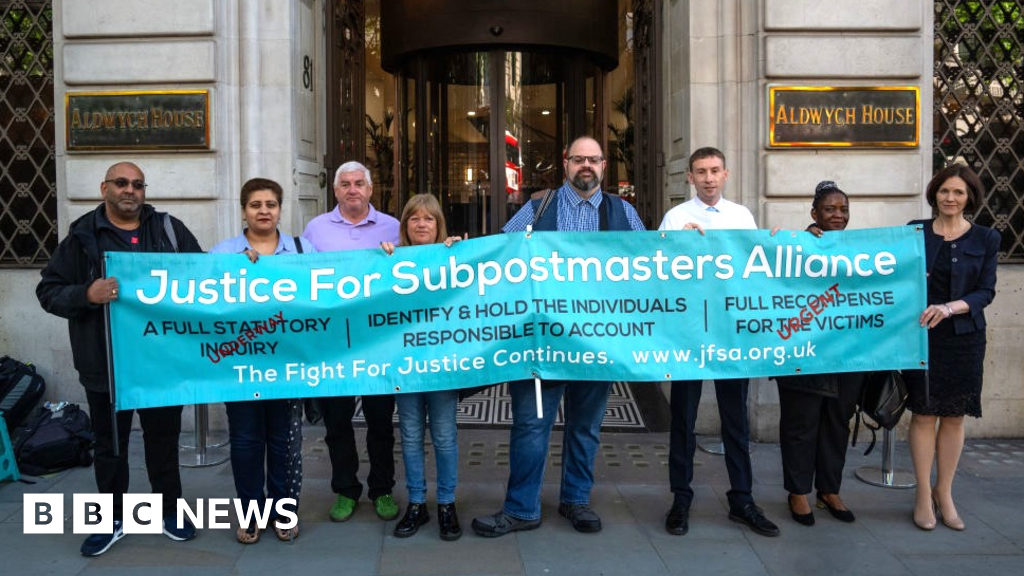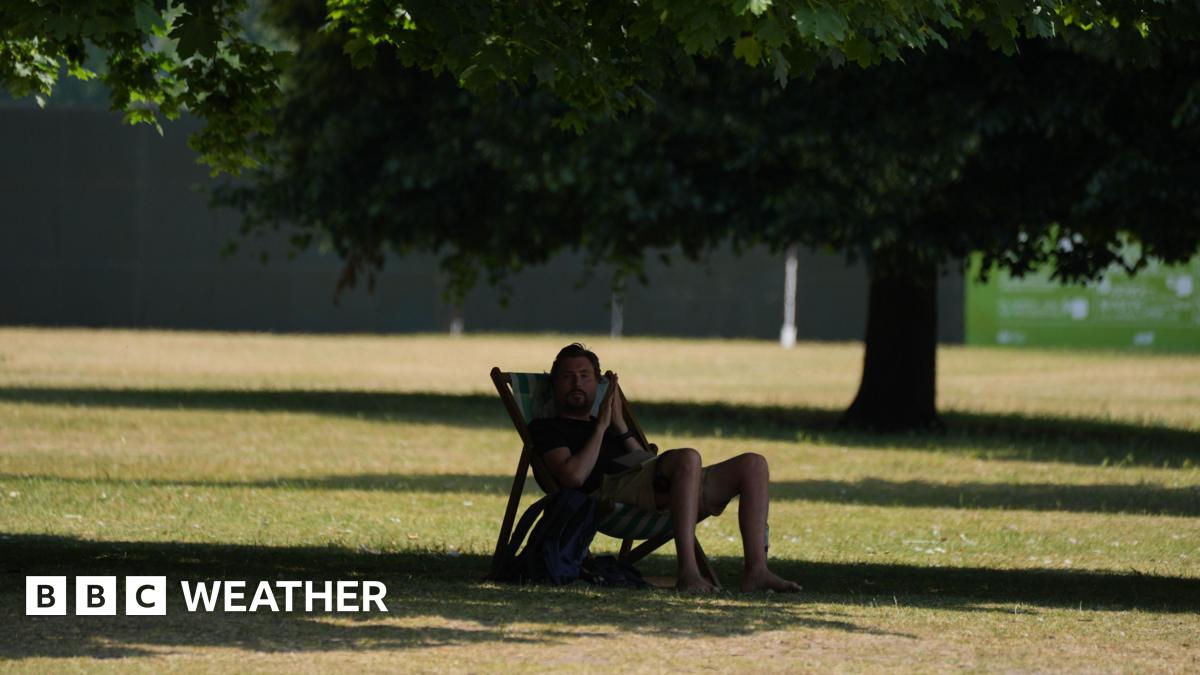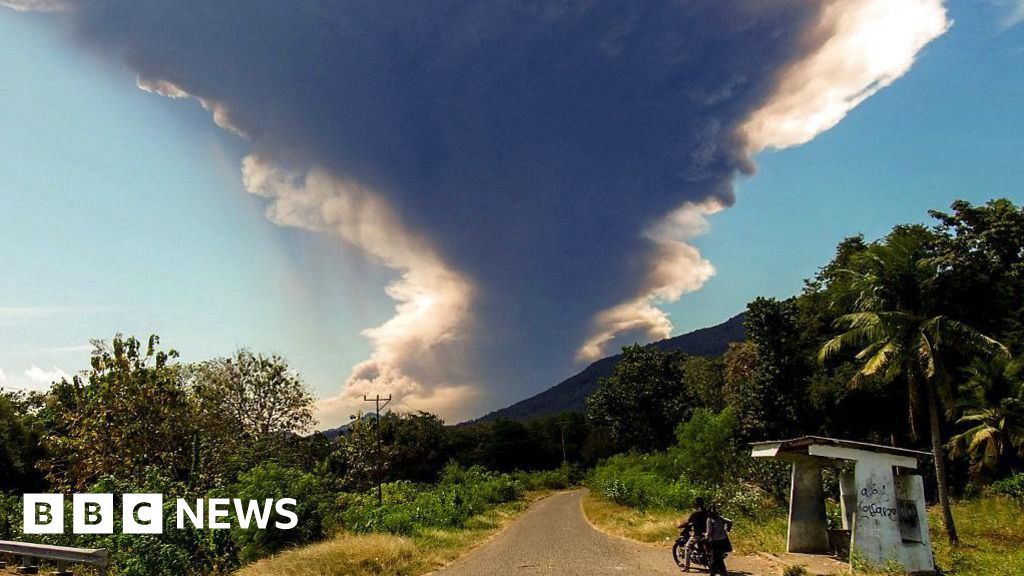An Amazonian tribe has sued the New York Times (NYT) over a report about the community gaining access to high-speed internet, which it claims led to its members being labelled as porn addicts.
The defamation lawsuit said the US newspaper's report portrayed the Marubo tribe as "unable to handle basic exposure to the internet" and highlighted "allegations that their youth had become consumed by pornography".
The lawsuit also named TMZ and Yahoo as defendants, and said their news stories "mocked their youth" and "misrepresented their traditions".
The NYT said its report did not infer or say any of the tribe's members were addicted to porn. TMZ and Yahoo have been contacted for comment.
The Marubo, an Indigenous community of about 2,000 people, is seeking at least $180m (£133m) in damages.
The NYT's story, written nine months after the Marubo gained access to Starlink, a satellite-internet service from Elon Musk's SpaceX, said the tribe was "already grappling with the same challenges that have racked American households for years".
This included "teenagers glued to phones", "violent video games" and "minors watching pornography", the report said.
It stated that a community leader and vocal critic of the internet was "most unsettled by the pornography", and had been told of "more aggressive sexual behaviour" from young men.
The report also noted the perceived benefits of the internet among the tribe, including the ability to alert authorities to health issues and environmental destruction and stay in touch with faraway family.
The lawsuit claims other news outlets sensationalised the NYT's report, including a headline from TMZ referencing porn addiction.
The response led the NYT to run a follow-up report around a week after its original story, with the headline: "No, A Remote Amazon Tribe Did Not Get Addicted to Porn".
The report said "more than 100 websites around the world" had "published headlines that falsely claim the Marubo have become addicted to porn".
But the lawsuit claimed the NYT's original story had "portrayed the Marubo people as a community unable to handle basic exposure to the internet, highlighting allegations that their youth had become consumed by pornography".
The named plaintiffs, community leader Enoque Marubo and Brazillian activist Flora Dutra, who helped to distribute the 20 $15,000 Starlink antennas to the tribe, said the NYT story helped fuel "a global media storm", according to the Courthouse News Service.
This, they said, subjected them to "humiliation, harassment and irreparable harm to their reputations and safety".
The TMZ story included video footage of Marubo and Dutra distributing the antennas, which they said "created the unmistakable impression [they] had introduced harmful, sexually explicit material into the community and facilitated the alleged moral and social decay".
A spokesperson for the New York Times said: "Any fair reading of this piece shows a sensitive and nuanced exploration of the benefits and complications of new technology in a remote Indigenous village with a proud history and preserved culture.
"We intend to vigorously defend against the lawsuit."

 1 month ago
381
1 month ago
381

















































